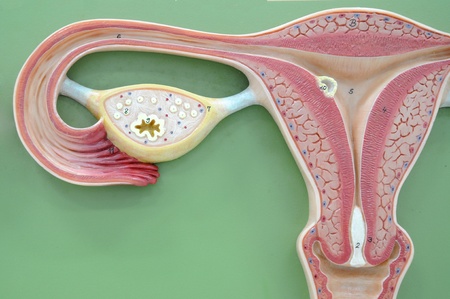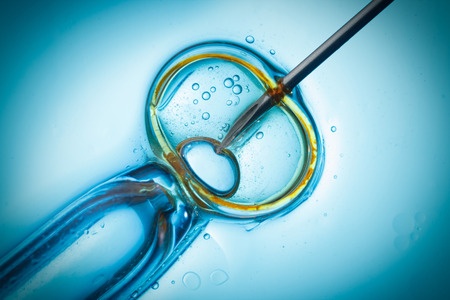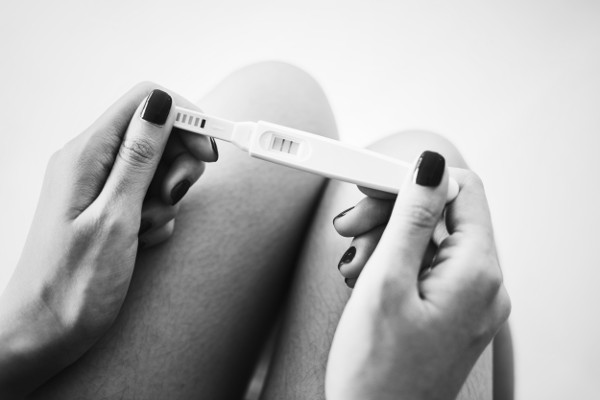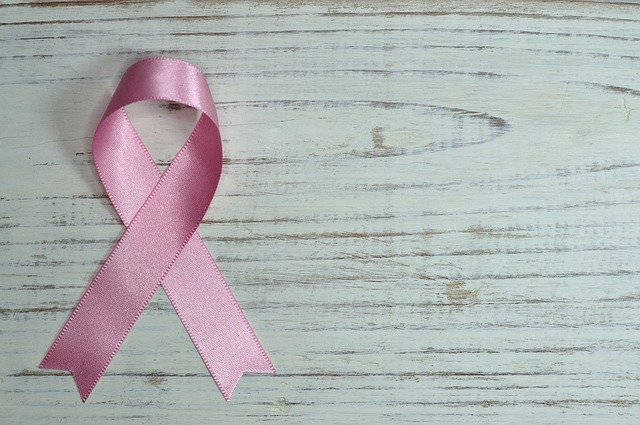Polycystic Ovarian Syndrome (PCOS) is a condition in which the level of hormones, estrogen and progesterone, are out of balance in a woman’s body. This hormonal condition affects 1 in 5 women of reproductive age in Singapore. A woman has polycystic ovaries if an ultrasound scan of the ovaries indicates many small follicles or if the ovaries appear larger than normal. However, having polycystic ovaries alone does not mean a woman has PCOS.

How does it affect women?
PCOS leads to the growth of ovarian cysts. It may also cause unwanted changes in appearance, and if left untreated over time, it can lead to severe health problems such as diabetes and heart disease.
How do you test for PCOS?
An ultrasound scan can indicate the presence of many small follicles.
Blood tests can reveal changes, with higher levels of testosterone and LH (often in conjunction with a higher LH to FSH ratio) than women with normal cycles. These levels may vary considerably and are best assessed early on the second day of the menstrual cycle (if there is one). Blood tests may also indicate a change in blood glucose and insulin levels.
Why does it occur?
The cause of PCOS is not fully understood at the moment, but genetics may be a factor.
When does it usually happen?
PCOS happens when a hormone called Luteinizing Hormone (LH) or levels of insulin are too high, leading to the ovaries creating additional amounts of testosterone, and eventually an imbalance of hormones in the body.
Signs and symptoms
Common symptoms of PCOS include:
- Absent menses or irregular menstrual cycles (an average cycle is 28 days long)
- Increased facial and body hair
- Acne
- Weight gain
- Difficulty getting pregnant
PCOS is diagnosed if a woman is experiencing two out of the three following symptoms:
- Infrequent ovulation and irregular menstrual cycles
- Hormonal changes as described in section (2), especially in the presence of features such as acne or unwanted hair growth that may be associated with increased androgen levels
- The appearance of polycystic ovaries on ultrasound
Can women with PCOS still have babies?

Other than causing irregular or no periods in women, PCOS can also result in lower chances of conceiving naturally and an increased risk of miscarriage. If a woman over the age of 35 suspects that she has PCOS and has been trying to conceive for more than 6 months, it is important for her to seek medical support immediately.
Having said that, it is still possible for women with PCOS to have babies. It is important to keep in mind that the presence of polycystic ovaries may not always be bad news. In fact, many young women can experience severe side-effects from PCOS due to the hormone imbalance, but as they age, the follicle number drops and the hormone imbalance corrects itself.
Women who suffer from PCOS in their teens and twenties can sometimes even end up having more eggs in their thirties without the syndrome, and ultimately a better chance of conception. Having said that, it is still easier and preferred to have babies as early as possible instead of waiting till your thirties in the hope that the PCOS condition may improve.
⇒ Related Read: When Is The Best Age To Conceive?
Is there a cure? What are the treatment or remedies?
There is currently no cure for PCOS. Treatment methods depend on the symptoms one experiences and are targeted to alleviate individual symptoms.
Weight management
Weight loss can be challenging due to high levels of testosterone, but it has a very beneficial effect on balancing hormones and helping to restore regular periods in obese women. A healthy lifestyle involving exercise and a change of diet can go a long way for those with PCOS. To assist in weight loss, insulin sensitisers may be prescribed to lower the impact of insulin resistance.
Ovulation Induction (OI)
OI, the most common treatment of PCOS, helps to stimulate ovulation and increases the chance of spontaneous pregnancy. This method will be used when a woman produces low levels of hormones for ovulation, or if she is not ovulating at all. During OI, the patient will be prescribed a course of medication to stimulate her hormones and help eggs to form and develop.
This article was contributed by Virtus Fertility Centre Singapore. Virtus Fertility Centre, one of the largest dedicated fertility centres in the region which provides a world-class standard of fertility care. It forms part of the Virtus Health network, the largest network and provider of fertility services in Australia with an international presence in Ireland and Singapore.
* * * * *
If you find this article useful, do click Like and Share at the bottom of the post, thank you.
Like what you see here? Get parenting tips and stories straight to your inbox! Join our mailing list here.






















































